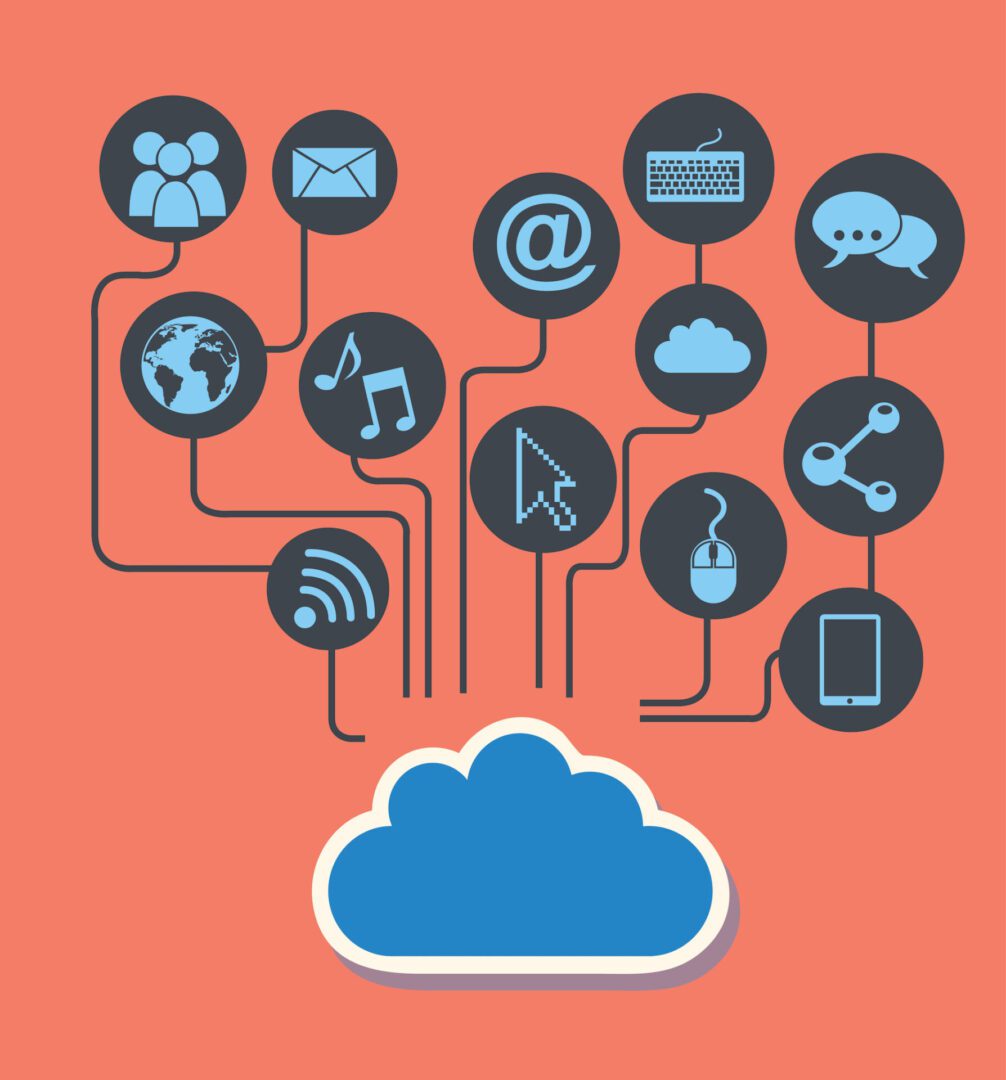What is API (Appication programming interface)
An Application Programming Interface (API) is a set of protocols, tools, and definitions that allows different software applications to communicate with each other. It defines the methods and data formats applications can use to request and exchange information.
Empower your business with the versatility of Application Programming Interfaces (APIs)
Our approach to API implementation is centered around your unique goals. We provide a spectrum of API solutions, fostering a digital environment where integration is intuitive, innovation is constant, and your business thrives in a connected world.
Seize the potential of APIs to transform your digital landscape. With our expertise, your business can unlock new horizons of efficiency, collaboration, and growth. Let APIs be the cornerstone of your digital success story.
Unlock the full potential of your digital ecosystem with our robust Mautic based Application Programming Interface (API). Seamlessly connecting disparate software systems, our API is engineered for efficiency, interoperability, and innovation.
Our process begins with meticulous design and development, crafting an API that serves as the backbone of streamlined communication between applications. Thorough documentation empowers developers to harness the power of our API effortlessly. With rigorous testing and continuous maintenance, we ensure a secure and reliable solution.
Embrace the importance of interoperability, innovation, and scalability. Our API opens doors to a world where efficiency meets flexibility, driving cost-effective solutions and enhancing the user experience. Whether you seek seamless third-party integrations or accelerated development cycles, our API is the key to unlocking new possibilities.
Benefits abound as our API empowers your digital infrastructure. Efficiency soars, costs diminish, and flexibility reigns supreme. Let our API be the catalyst for your digital transformation.
Incorporate our developer-friendly API into your strategy, backed by robust security measures and scalability planning. It’s not just an API; it’s a gateway to a future where your digital endeavors reach new heights. Elevate your innovation, enhance your efficiency, and let our API be the cornerstone of your digital success.
Process Overview:
Design and Development:
APIs are designed and developed to serve a specific purpose, whether it’s integrating third-party services, facilitating data exchange, or enabling functionality between software components.
Documentation:
Thorough documentation is created, providing developers with information on how to use the API, what endpoints are available, authentication methods, and example requests and responses.
Deployment:
The API is deployed to a server or cloud infrastructure, making it accessible over the internet.
Testing:
Rigorous testing is conducted to ensure the API functions as intended, is secure, and can handle various types of requests.
Release and Maintenance:
Once tested successfully, the API is released. Ongoing maintenance and updates may be necessary to address issues, add features, or enhance performance.

Importance:
Interoperability:
APIs enable interoperability between different software systems, allowing them to seamlessly exchange data and functionalities.
Innovation and Speed:
Developers can leverage existing APIs to accelerate application development, focusing on building unique features rather than reinventing the wheel.
Scalability:
APIs facilitate scalable solutions by allowing modular development. Components can be scaled independently, enhancing overall system scalability.
Integration:
APIs make it easy to integrate third-party services, expanding the functionality of an application without building everything from scratch.

Your Business Benefits:
Efficiency:
APIs streamline processes by automating data exchange and reducing manual effort, leading to increased operational efficiency.
Cost-Effective:
Leveraging existing APIs can significantly reduce development costs and time, contributing to cost-effective solutions.
Flexibility:
APIs provide flexibility in choosing the best tools and services for specific functions, fostering innovation and adaptability.
Enhanced User Experience:
Integration with APIs allows applications to offer a seamless user experience by providing access to additional services and functionalities.
Your Business Strategies:
Developer-Friendly Design:
Design APIs with developers in mind. Ensure clear documentation, straightforward endpoints, and easy-to-understand authentication methods.
Security Measures:
Implement robust security measures, including encryption, authentication, and authorization, to protect both the API and the data it handles.
Versioning:
Use versioning to manage changes and updates to the API. This ensures backward compatibility and a smooth transition for existing users.
Scalability Planning:
Plan for scalability from the beginning. Design the API to handle increased usage and evolving requirements.

